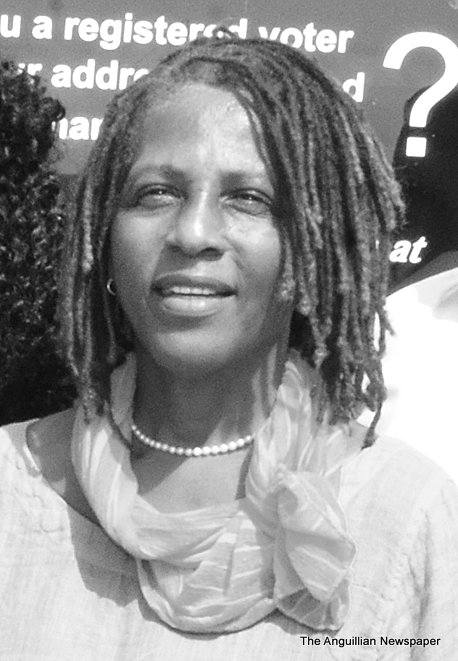
By Carencia Rouse Gender Development Coordinator (Ag)
The Gender Corner is a biweekly column creating thought provoking and stimulating community discussions about gender matters in Anguilla and around the world. This week’s article will focus on the subject of body politics.
~~~~
Body politics examines how power is mobilized to control and regulate human bodies. It generates ideologies about the role of the body in connecting us to the physical world in both material and non-material ways and helps us to understand how certain groups can be marginalized.
At face value, body politics has much to do with identity. Who we are is often inextricably linked to how we look. For women, there are unambiguous standards of what we ought to look like which are produced, reproduced and reinforced through mainstream media. These standards continue to change over time but one thing remains constant: women’s bodies, by virtue of being women’s bodies and regardless of what they look like, have become sites of sexual harassment, assault and abuse. The curvy woman, the slender woman, the full figured woman, the woman with the “boyish” figure and the prepubescent girl are all at risk of sexual violence albeit to varying degrees but with the same, deleterious effects. Women’s bodies have been inscribed with the responsibility to control human behavior. As such, women’s bodies have become the sites upon which sexual and reproductive policies have been drafted, implemented and reviewed with a tendency to eliminate autonomy.
What is even more blatant in an exploration of body politics is the relationship between the body and sexuality. Sexuality is a performance. The body then becomes a medium through which individuals perform their sexual identities and through which societies try to discipline these performances once they do not align with the hegemonic order. This is particularly true for groups whose sexual identities transcend heterosexuality. As a result, persons who identify within the LGBTQI+ spectrum are targets for discrimination. They are often outlawed in their communities because their sexual preferences are perceived as “sexual deviance”. Such perspectives have led to tense policy battles for many nations as a foreign image of moral corruption and cultural backwardness hangs in the balance.
As we move from what is obvious, to what is implied in the discourse of body politics, we come face to face with the experiences of persons living with disabilities, particularly, physical ones. Technology is an important determining factor in the lives of these persons. On one hand, in many parts of the world, including Anguilla, there is an absence of infrastructural innovation (for example, universally accessible buildings and transportation systems) which compromises the capacity of these groups to participate in and contribute to society. On the other hand, in other parts of the Western world, the emergence of eugenics explores the possibility of improving human experience through the elimination of defective and undesirable traits. This heavy stigmatization of the bodies of persons living with disabilities puts them at risk of social exclusion in which case, the message being conveyed is “you don’t belong here”.
Positive engagement with body politics has the capacity to teach us much about what we think of one another. It critically assesses our lives at the nexus of individual, community and state and can provide us with the context necessary to foster an existence that is based upon equality and inclusion.
~~~~
If you would like to contribute to The Gender Corner, or would like a particular topic addressed, feel free to email Carencia Rouse, Gender Development Coordinator (Ag), Ministry of Social Development at Carencia.rouse@gov.ai or call at 497-3930.








